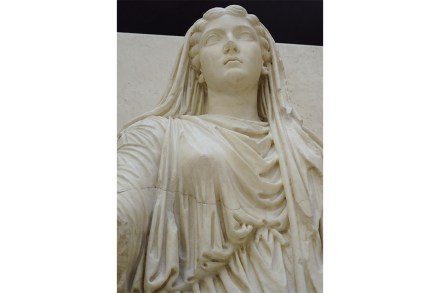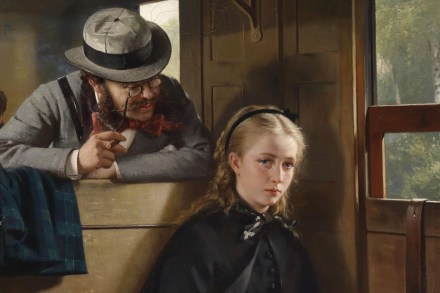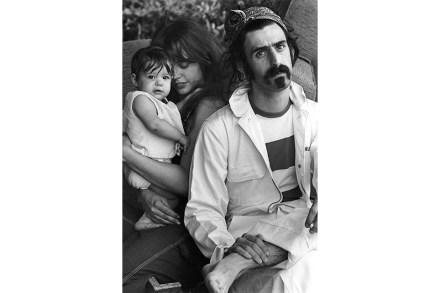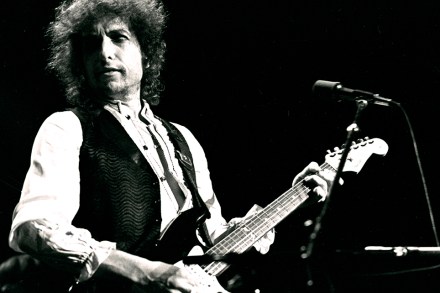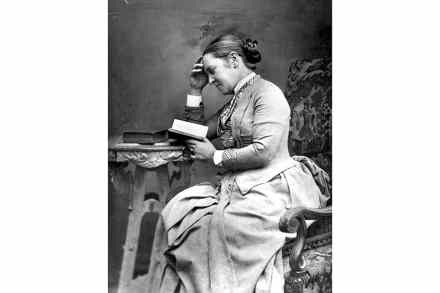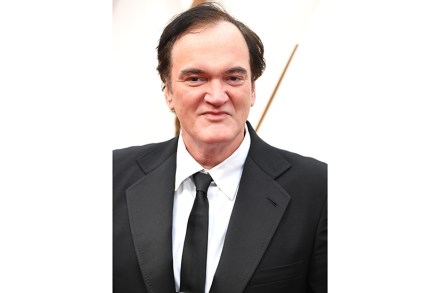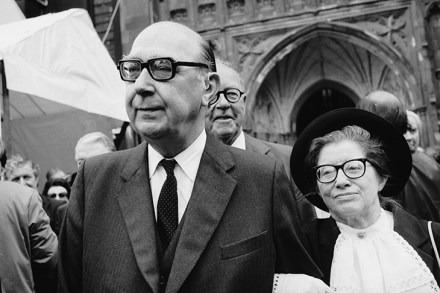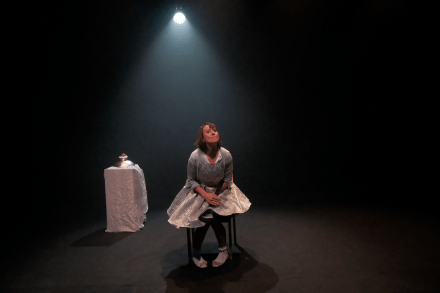Andrew Tate has no place on Spotify
With more than 250 million subscribers, Spotify is by far the biggest audio streaming platform in the world – and for countless families like mine, it’s the first port of call for music, audiobooks and podcasts for children as well as adults. In common with many apps, it has a children’s version which blocks inappropriate content for younger audiences. But in common with many parents of secondary school-aged kids, I was persuaded to remove this feature so my 11-year-old son could listen to songs by some of his favourite artists, from Oasis to Harry Styles. I had no idea that this would open him up to exposure to a step-by-step


